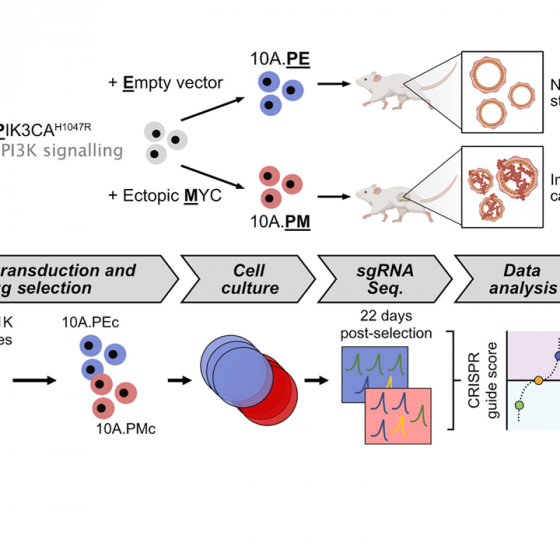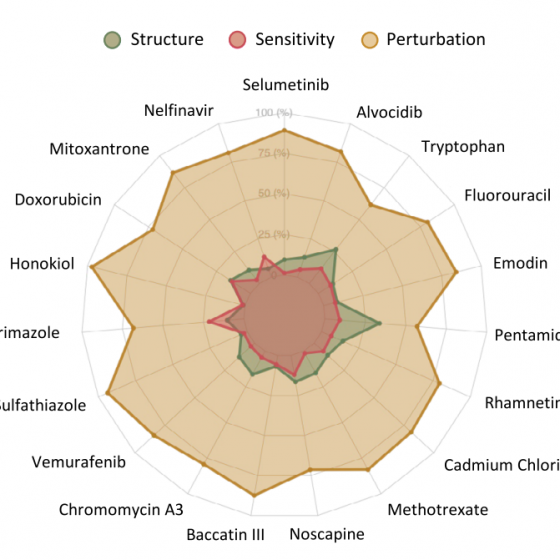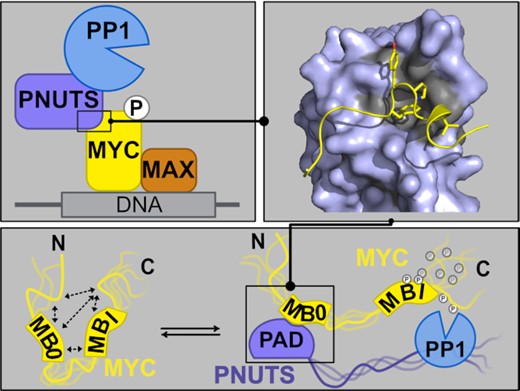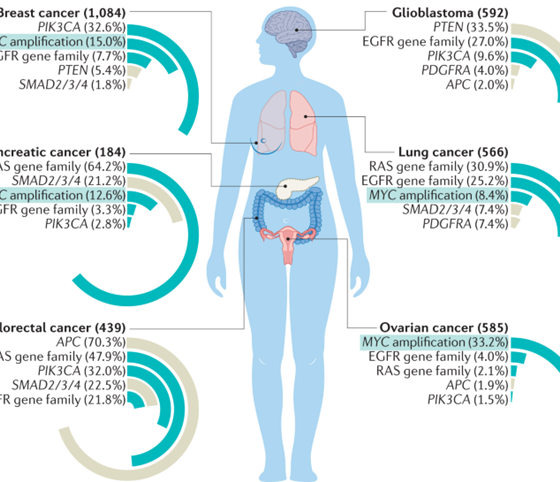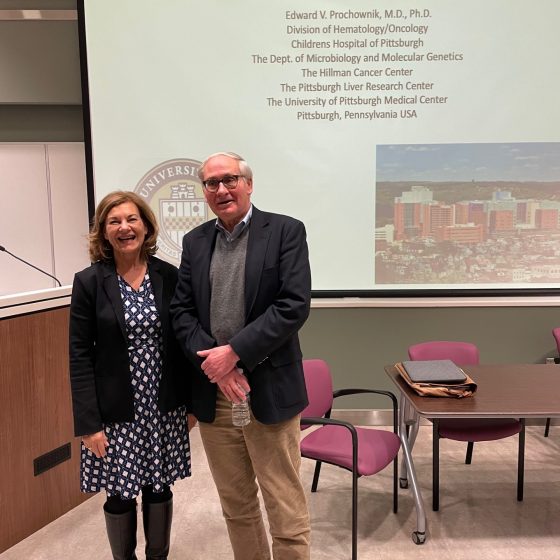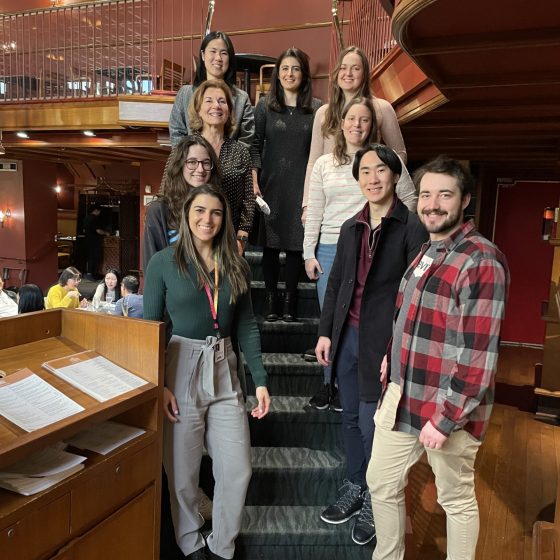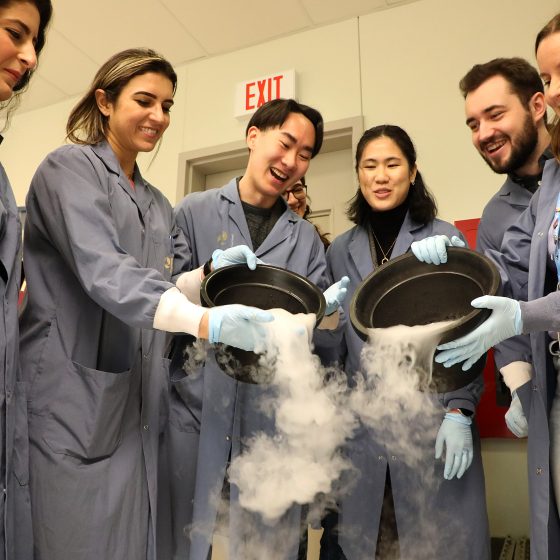Research
MYC
Myc is a gene that regulates the expression of other genes, with important roles in a number of processes including cell death. Myc mutations are very common—over half of human cancers—and understanding its role in tumour cells is a major area of investigation.
STATINS
Drugs that are normally used to control cholesterol can also trigger tumour cells to self-destruct. Understanding the mechanisms of these drugs could lead to a new tool in the arsenal against cancer—one that is already approved for use in humans, fast-tracking its use in patients.
Publications
View and keep up to date on our most recent publications.
- All
- MYC
- Statin
Computational pharmacogenomic screen identifies drugs that potentiate the anti-breast cancer activity of statins
Authors: van Leeuwen J. E., Ba-Alawi W., Branchard E., Cruickshank J., Schormann W., Longo J., Silvester J., Gross P.L., Andrews D.W., Cescon D.W., Haibe-Kains B., Penn L.Z., Gendoo D. M. A. Read MoreThe MYC oncoprotein directly interacts with its chromatin cofactor PNUTS to recruit PP1 phosphatase
Authors: Wei Y., Redel C., Ahlner A., Lemak A., Johansson-Akhe I., Houliston S., Kenney T.M.G., Tamachi A., Morad V., Duan S., Andrews D.W., Wallner B., Sunnerhagen M., Arrowsmith C.H., Penn L.Z. Read MoreMYC protein interactors in gene transcription and cancer
Authors: Lourenco C., Resetca D., Redel C., Lin P., MacDonald A.S., Ciaccio R., Kenney T.M.G., Wei Y., Andrews D.W., Sunnerhagen M., Arrowsmith C.H., Raught B., Penn L.Z. Read MoreLinda Penn
Led by Linda Penn, PhD, Senior Scientist at Princess Margaret and Tier 1 Canada Research Chair, the Penn Lab is composed of talented, hard-working students, post-doctoral fellows, and staff working together to understand cancer and develop new treatments. Click below to learn more about the people working in the lab and our alumni members.
People
View some of our current lab members and alumni
Lab News
Fundraising, trips, conference appearances and more.



